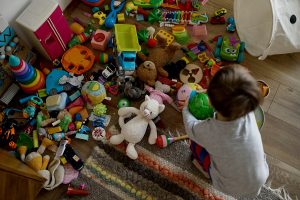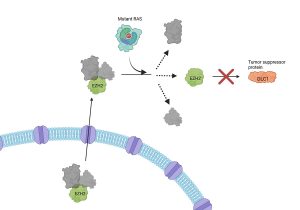Devastating consequences of secrecy and silence
Thanks to many generous contributors I now have an arsenal of potential responses to the question “what do you do?”. My options span a wide range of possible replies, including the flippant, cheeky, risqué, straight, cryptic, serious, intense, and downright arrogant. I am now equipped for any situation with an answer I can choose to suit the context, the characteristics of the questioner, and my own willingness to engage. If only we all had such luxury when it comes to matters relating to sex. Misunderstandings and awkwardness about sex can be more than just an inconvenience or embarrassment. Sometimes there are potentially devastating consequences. The way we engage with ideas relating to sex can have far-reaching effects on our lives as individuals, within our families
Thanks to many generous contributors I now have an arsenal of potential responses to the question “what do you do?”. My options span a wide range of possible replies, including the flippant, cheeky, risqué, straight, cryptic, serious, intense, and downright arrogant. I am now equipped for any situation with an answer I can choose to suit the context, the characteristics of the questioner, and my own willingness to engage.
If only we all had such luxury when it comes to matters relating to sex. Misunderstandings and awkwardness about sex can be more than just an inconvenience or embarrassment. Sometimes there are potentially devastating consequences. The way we engage with ideas relating to sex can have far-reaching effects on our lives as individuals, within our families and on a broader societal level.
The Royal Commission into Institutional Responses to Child Sexual Abuse provides us with a painful example of how badly things can go wrong. The public hearings in Ballarat have reminded us of the awful pain of people abused by a person in authority and the long-term impact of this betrayal. The royal commission also raises questions for us all about what went wrong, how to bring those responsible to justice, deal compassionately with the many people affected and most importantly, how to make sure this does not happen again.
This week in an op-ed piece for The Age, Dr Timothy Jones proposes that the view of the Catholic Church towards paedophilia as a sin, rather than a criminal act, was one of the factors that led to the church’s approach towards offenders – a policy that protected the offender and exposed new groups of vulnerable children to horrific abuse. A realisation of the impact on abused children came later as broader understandings of child sexual abuse changed.
Misunderstandings about the nature of child sexual abuse persist. An article last year in Child and Adolescent Psychiatric Clinics of North America noted that it is commonly believed that child sexual abuse is a rare event, usually carried out by male strangers, but in fact the reality is very different. Child sexual abuse occurs across diverse cultures and there are many types of offenders “including men and women, strangers, trusted friends or family, and people of all sexual orientations, socioeconomic classes, and cultural backgrounds”.
The Royal Commission into Institutional Responses to Child Sexual Abuse focuses on just one context in which child abuse has occurred. Other inquiries, such as The Royal Commission into Family Violence may provide us with an opportunity to work towards minimising the impact of child sexual abuse in other settings.
How can we work towards a world where child sexual abuse is a rare occurrence, and where people who have been abused receive the support they need?
![]()
Disclosure
Jayne Lucke is the Director of the Australian Research Centre in Sex, Health and Society at La Trobe University. She receives funding from the Australian Research Council and the National Health and Medical Research Council. She has served as a Director of Family Planning Queensland and been Chief Investigator on an ARC Linkage Grant that involves cash and in-kind support from Family Planning New South Wales and Bayer Australia. The Australian Research Centre in Sex, Health and Society receives funding from diverse sources listed in the annual report available from the website: http://www.latrobe.edu.au/arcshs
SOURCE: Health + Medicine – Articles – The Conversation – Read entire story here.








